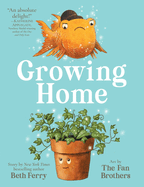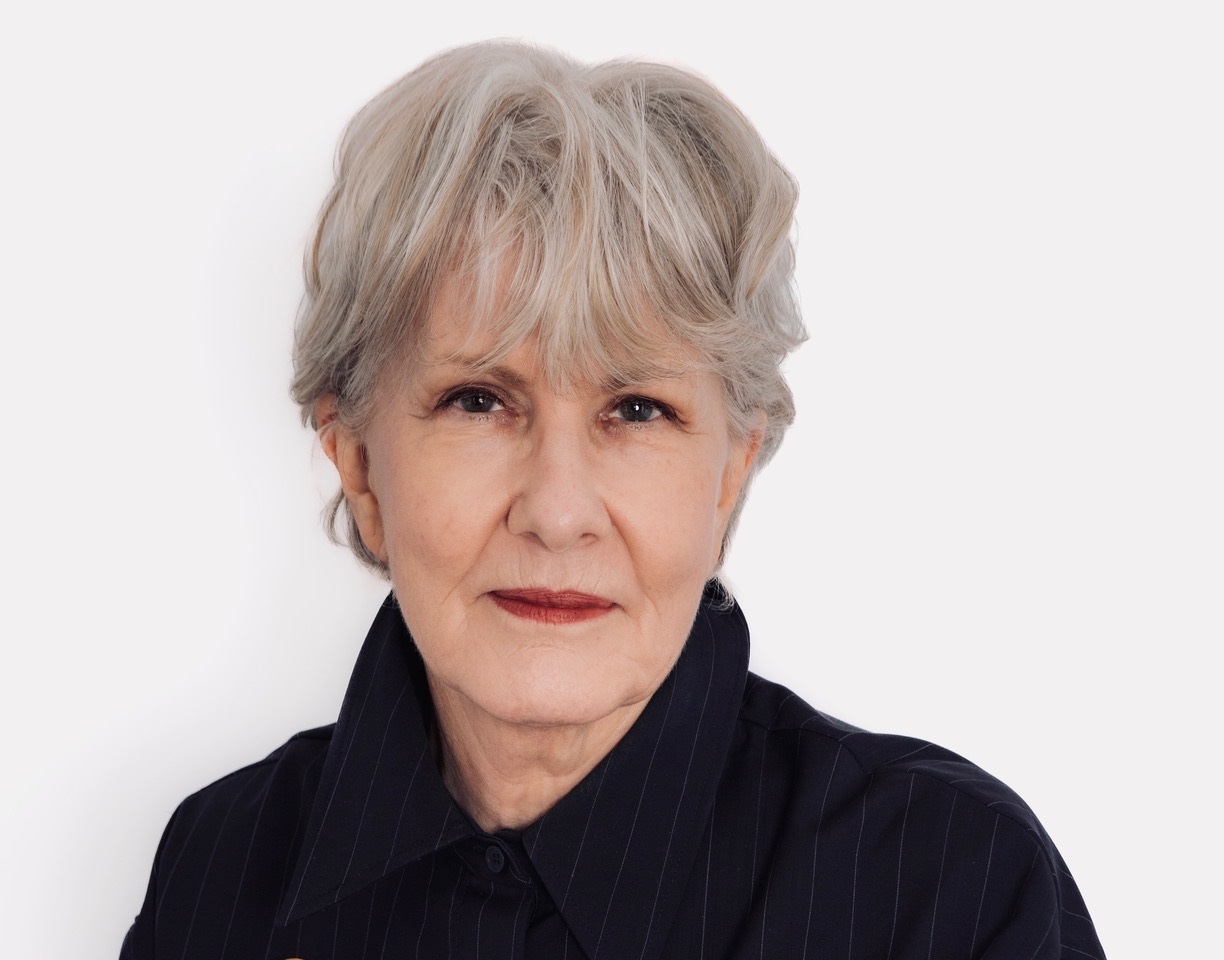 |
| photo: Rosi Carllos |
Vivian Blaxell is a former mental health nurse and a former university professor of political philosophy and Japanese history. She has lived and worked in Hawai'i, Vermont, the District of Columbia, Maryland, Kyoto, Beijing, Istanbul, and Sydney, and now lives in Melbourne/Naarm, Australia. She transitioned in 1968, and cofounded Tiresias House, the first refuge and support center for trans people by trans people in Australia. In her new essay collection, Worthy of the Event (LittlePuss Press, April 1, 2025), Blaxell takes readers on a witty and expansive sweep through history.
Handsell readers your book in a handful of words:
Worthy of the Event is about people who might be me and people whom I might be. It is about me in the world and the world in me.
On your nightstand now:
The American Library edition of Gary Snyder: Collected Poems. I can't write poetry, so I don't write poetry, but I do read poetry because poetry teaches me how to write what I write, to put music into my own writing. I like all the Beat poets, but Snyder is special for me because of his attention to nature, to Buddhism, and to Japan, all three of which are important in my own work.
Álvaro Enrigue's You Dreamed of Empires. I am always interested in imperialism and colonies. Maybe that is part of growing up in Australia. Enrigue's novel about the encounter of Moctezuma and his court with Cortés and his band of merry, dirty conquistadores is densely imagined and, I think, fantastical, but it feels like a true look into the culture of elite "Aztecs" at the time. Funny and sad and moving.
I Ching or Book of Changes, the Richard Wilhelm translation. My guide for when I feel confused, which happens about once a week.
The Pillow Book by Sei Shōnagon. I have been fascinated by, and adored, this book since I was about 16. A collection of opinions, lists, rules for living, "essays," and stories about life in the Japanese imperial court more than a thousand years ago. I love how different but same life seems to have been in the palace in Kyoto in the late 10th century. I have read it again and again, and I often write using my own version of Sei Shōnagon's style of short pieces to make a whole story. The Meredith McKinney translation is brilliant.
Favorite book when you were a child:
Any and all of the Biggles books by W.E. Johns. I am old now and these books were old when I read them as a kid. Biggles is a fighter pilot in World War I. My father was a pilot. I wanted to be a pilot. I wanted to fly away and be brave like Biggles, and in a way, I was and did, though without killing people (as far as I know).
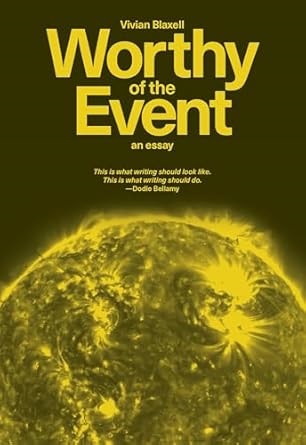 Your top five authors:
Your top five authors:
Anthony Trollope: His sentences are perfect, and his stories of the Victorian middle classes entrance me.
Jenny Erpenbeck: Erpenbeck just gets more masterful with each novel. Her ability to braid large historical events with intimate life is astonishing to me. I wish I could write like that.
Sei Shōnagon: See above.
Daša Drndić: Her novel Trieste is the most powerful thing I have ever read, both in terms of the story itself and in terms of what Drndić does with the novel form and how she does it. To be honest, I don't much care for her other novels, but Trieste is so great, she is forever on my best writer list.
Robert Glück: There is always something so provocative and energizing about Glück's work, and something that encourages me to try new things with writing. I go back and back to him.
Charlotte Brontë: I read Jane Eyre every year. I think Villette is profoundly underappreciated and under-read.
Book you've faked reading:
James Joyce's Ulysses. What can I say? I couldn't do it, but I am too ashamed to admit I couldn't do it. Now the cat's out of the bag, I suppose.
Book you're an evangelist for:
Robert Glück's Margery Kempe. I'm always telling people to read this. Mostly they do not.
Book you've bought for the cover:
I've never seen a book cover good enough to make me buy the book without examining what is inside first.
Book you hid from your parents:
My mother was happy for me to read everything and anything I wanted to read. I had full access to her own library as soon as I could read. I never hid anything I read from her.
Book that changed your life:
The first (1975) edition of South-East Asia on a Shoestring by Tony Wheeler. Using this book, I went to Indonesia, Singapore, Malaysia, and Thailand at a time when not many Australians went there. I've been going ever since. Using this book, I tried traveling on a shoestring, and my life changed completely and for the better (except for my bank balance) when I realized that shoestring is so not for me.
Favorite line from a book:
"There's no better way to make history disappear than to unleash money, money roaming free has a worse bite than an attack dog, it can effortlessly bite an entire building out of existence." --from Go, Went, Gone by Jenny Erpenbeck
Five books you'll never part with:
I throw away books, donate them, sell them. I'm not attached to books for themselves. I'm attached to what is in the books, sometimes. And these days, most of my books are e-books so we never part.
Book you most want to read again for the first time:
Apart from Jane Eyre and The Pillow Book, and a lot of poetry, I don't re-read books. I have tried to re-read John Dos Passos's U.S.A. trilogy again for it was such a mind-bender when I first read it, but it had not the same charms the second time around, which is kind of true of everything in life, really.
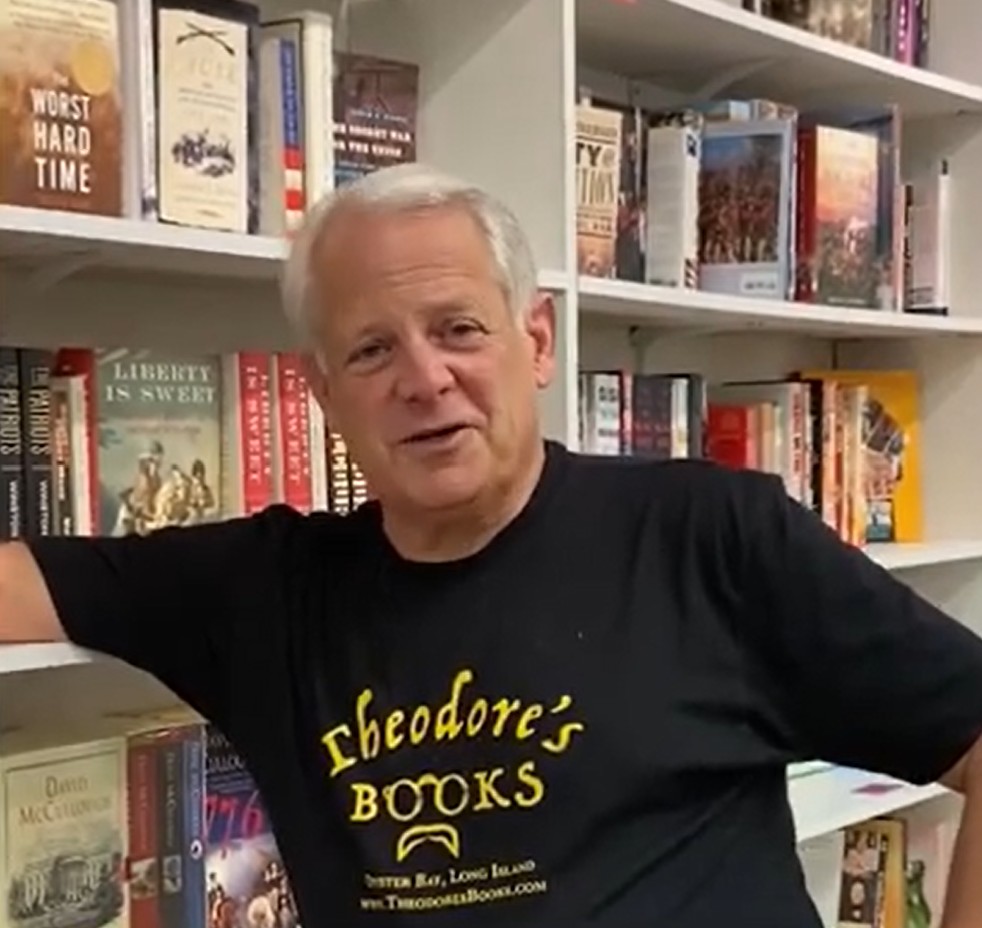 "In a world of volatile, complex military threats; of cyberwarfare and an artificial intelligence arms race; of existential enemies like Iran nearing imminent development of a nuclear warhead; the [Secretary of Defense Pete] Hegseth doctrine suggests that there is nothing to fear but ink on pages, bound on the shelves in the Navy library. In the war on so-called 'cancel culture,' the U.S. military is canceling history.
"In a world of volatile, complex military threats; of cyberwarfare and an artificial intelligence arms race; of existential enemies like Iran nearing imminent development of a nuclear warhead; the [Secretary of Defense Pete] Hegseth doctrine suggests that there is nothing to fear but ink on pages, bound on the shelves in the Navy library. In the war on so-called 'cancel culture,' the U.S. military is canceling history.




SHELFAWARENESS.1222.S1.BESTADSWEBINAR.gif)



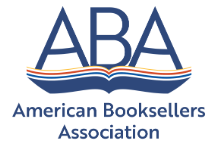 The American Booksellers Association has released "
The American Booksellers Association has released "SHELFAWARENESS.1222.T1.BESTADSWEBINAR.gif)
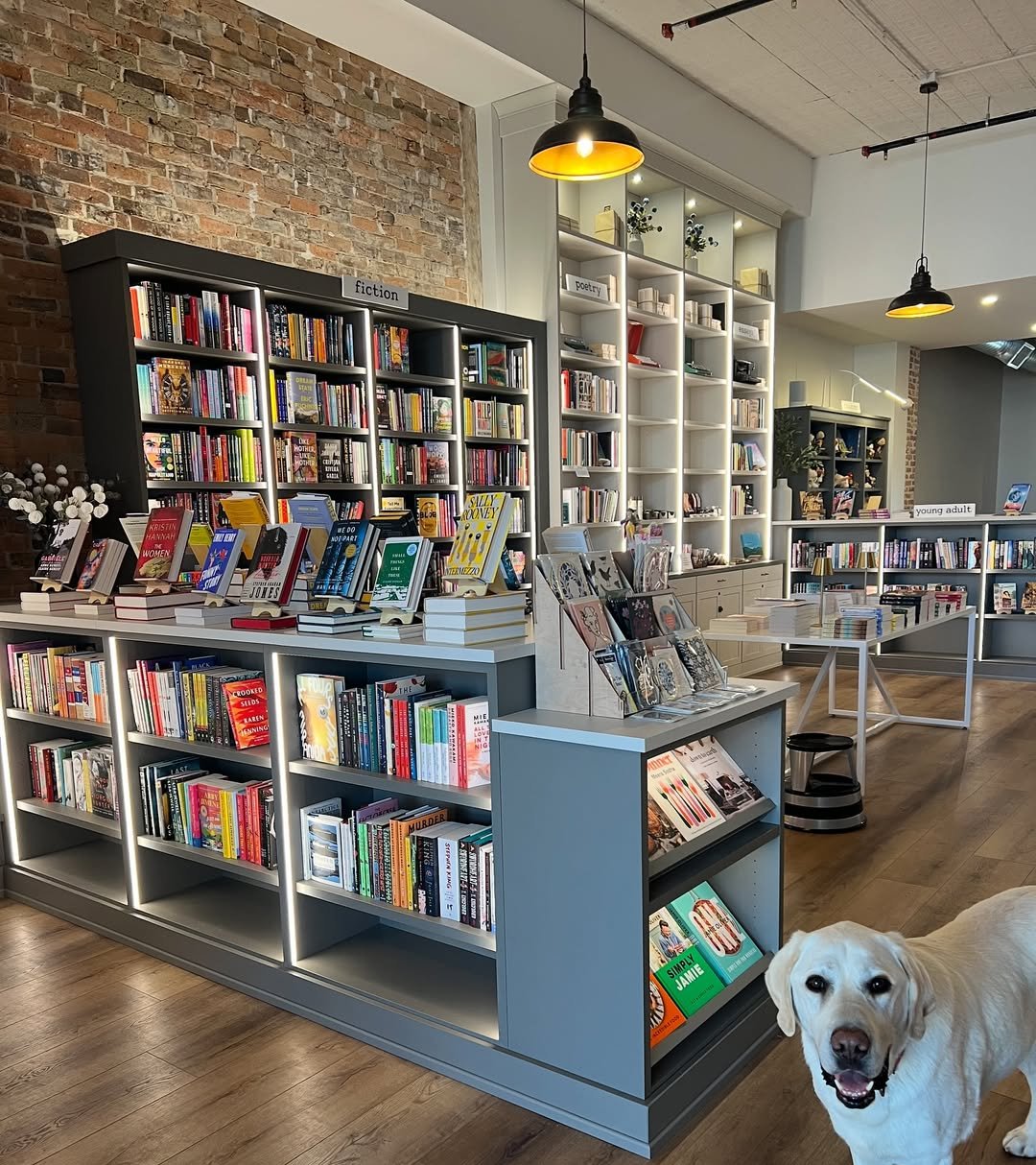 The 2,500-square-foot store has a bend toward literary titles and small imprints, as well as a selection of cookbooks and art and design books. Its nonbook offerings include chocolates and stationery, and in the weeks ahead the shop will begin hosting author appearances, book and writing groups, and a variety of music and community-based events.
The 2,500-square-foot store has a bend toward literary titles and small imprints, as well as a selection of cookbooks and art and design books. Its nonbook offerings include chocolates and stationery, and in the weeks ahead the shop will begin hosting author appearances, book and writing groups, and a variety of music and community-based events.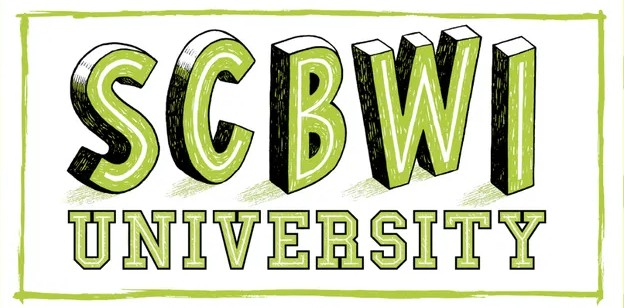 The Society of Children's Book Writers and Illustrators has launched
The Society of Children's Book Writers and Illustrators has launched 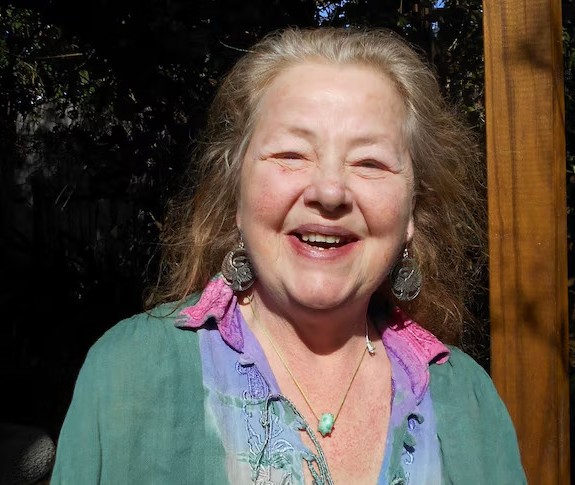
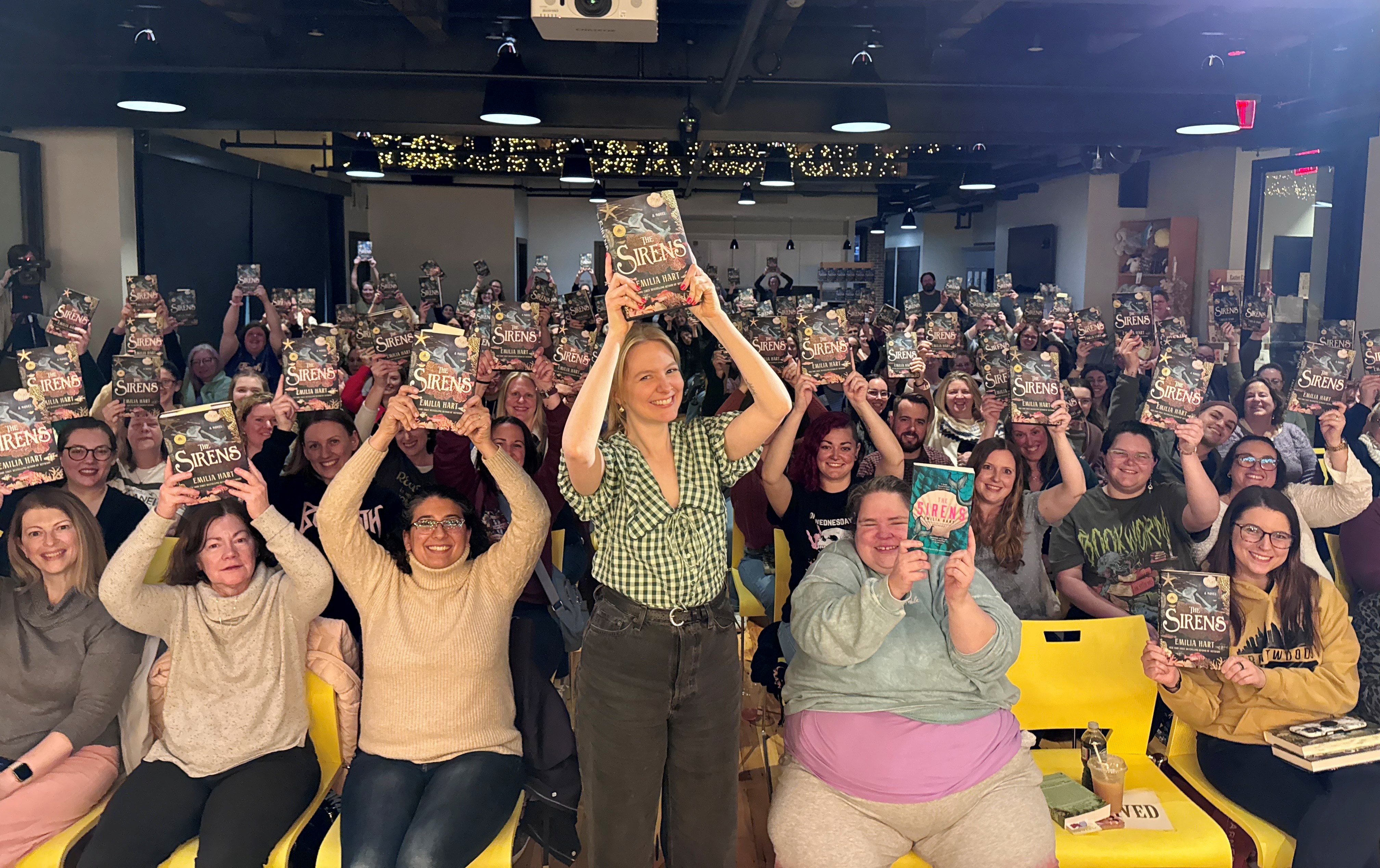 Author Emilia Hart visited
Author Emilia Hart visited 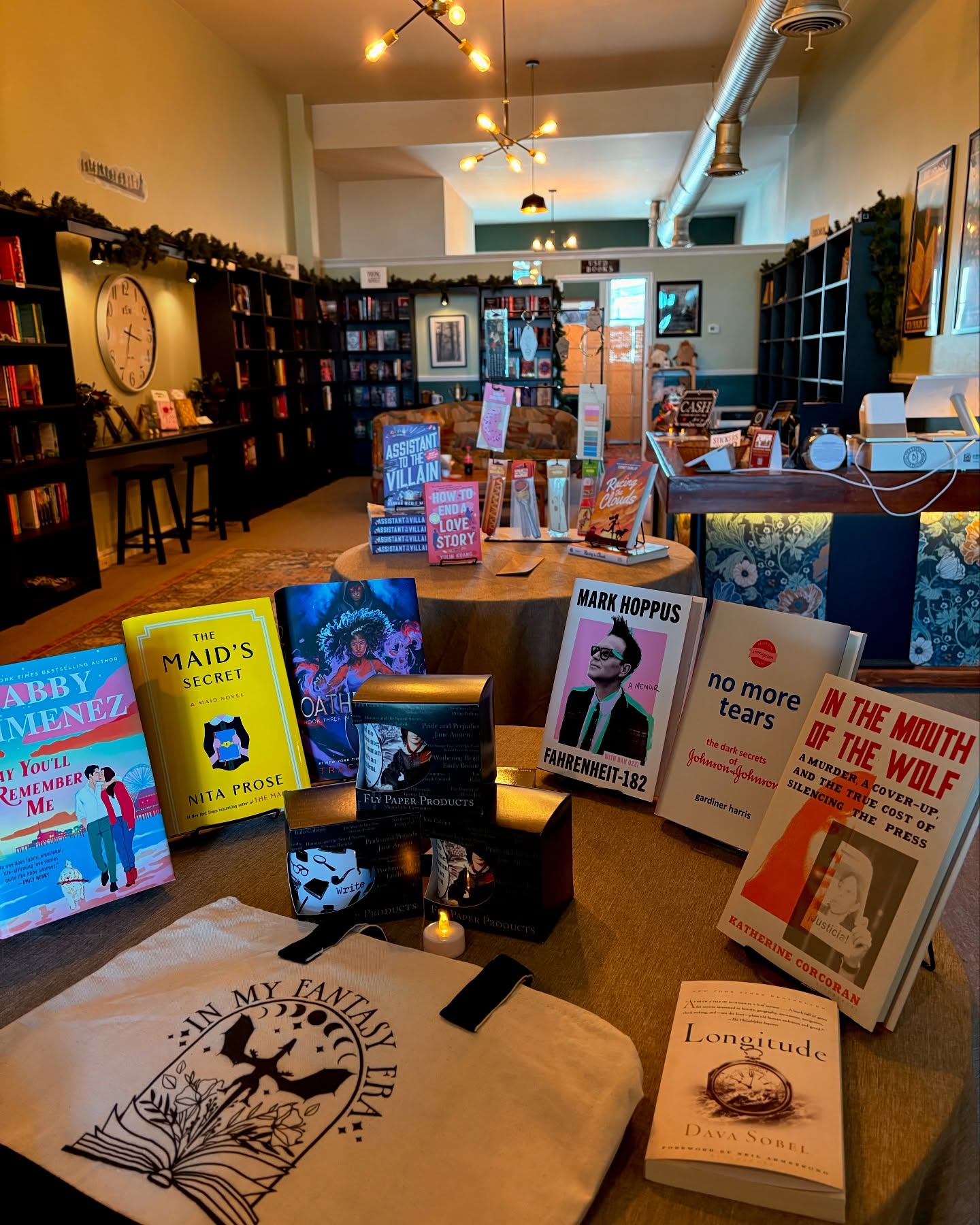 Posted by the
Posted by the 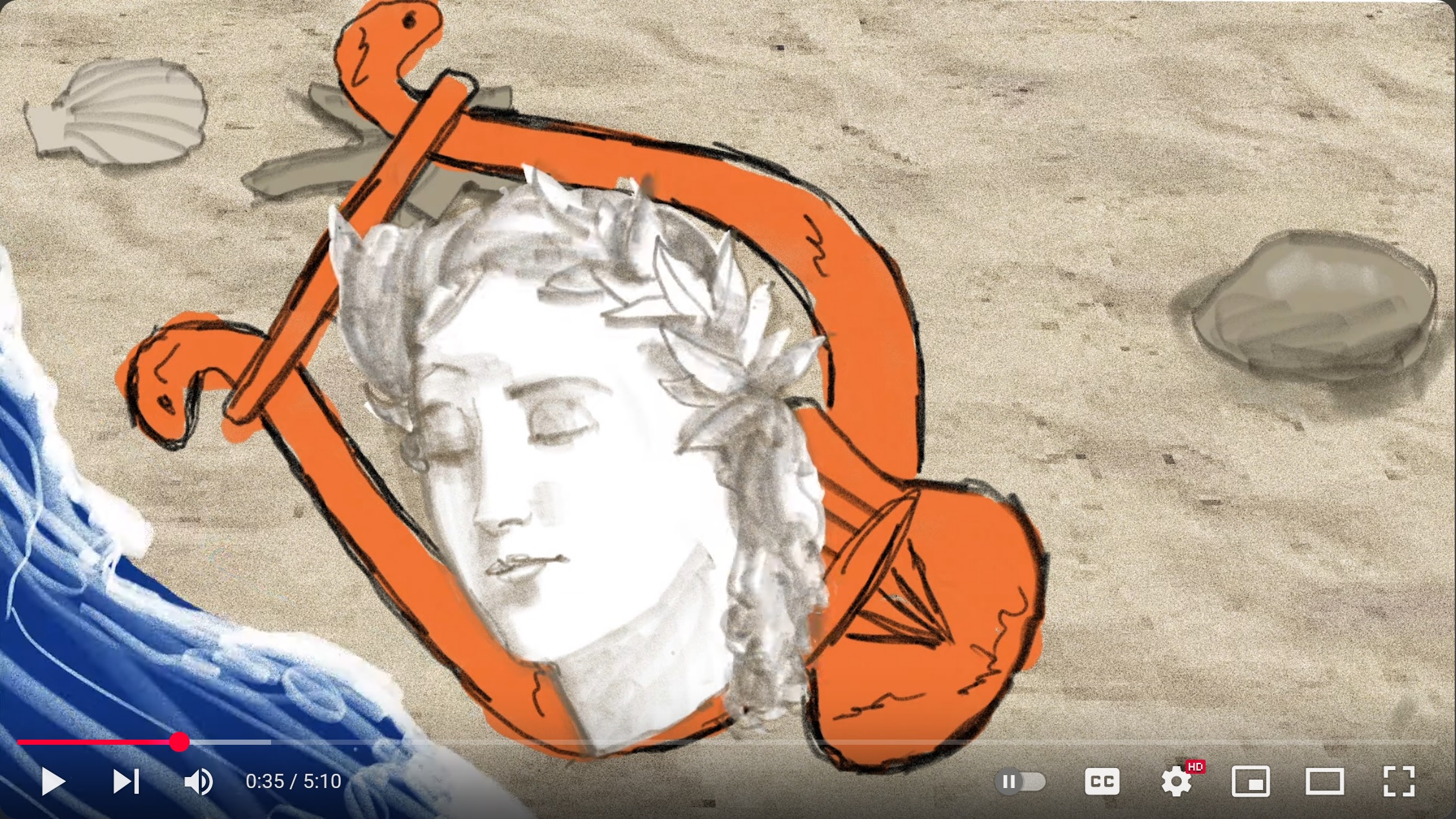 A Greek Tragedy: One Day, A Deadly Shipwreck, and the Human Cost of the Refugee Crisis
A Greek Tragedy: One Day, A Deadly Shipwreck, and the Human Cost of the Refugee Crisis
 Your top five authors:
Your top five authors: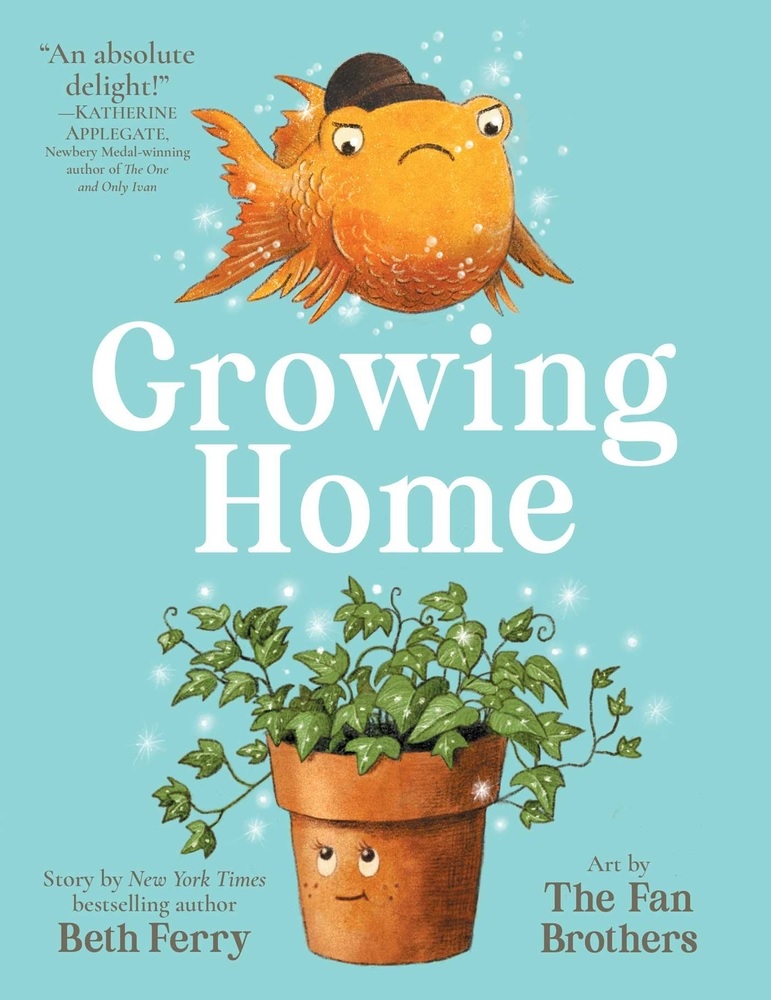 Beth Ferry (
Beth Ferry (